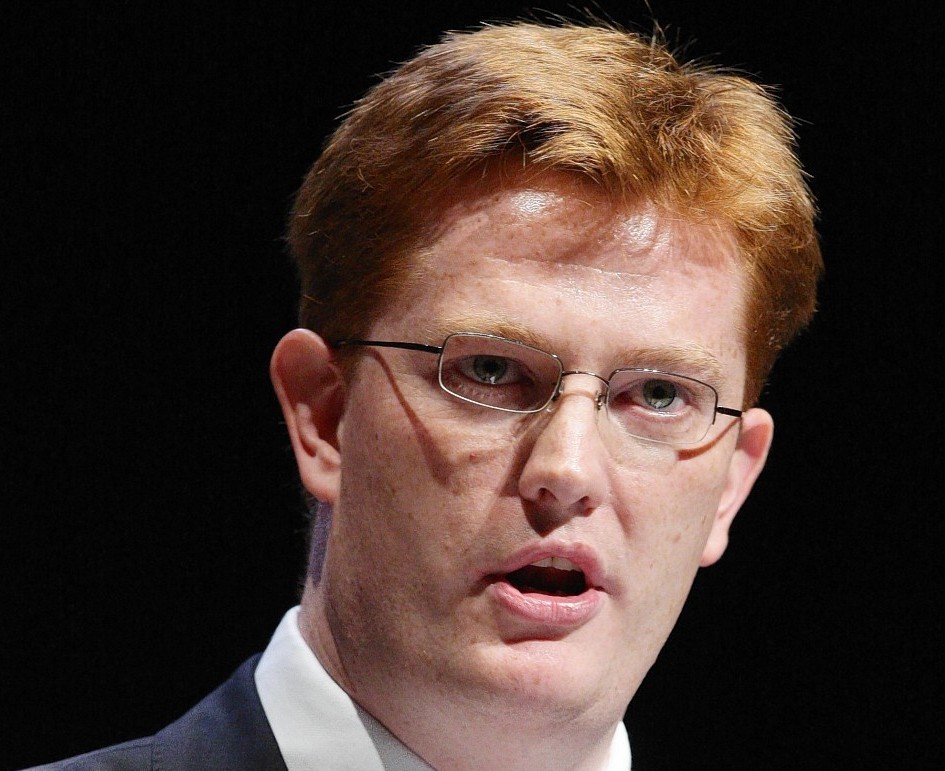A former European commissioner has suggested Scotland could not join the EU if it was using the pound without a deal with Westminster.
Olli Rehn – who served as the commission’s economic and monetary affairs chief between 2004 and 2014 – made the claim in a letter to Chief Treasury Secretary Danny Alexander.
The SNP want an independent Scotland to use the pound in a currency union with the rest of the UK, but has hinted that it may opt to keep it even without London’s permission, in a model labelled “sterlingisation”.
Leading economist Professor John Kay said in the Press and Journal last week that sterlingisation may be a better option than a union, but critics say Scotland would be at risk without the Bank of England offering a safety net.
Mr Rehn, a Finnish politician, said he thought the UK would benefit from “sticking together”.
In his letter, he added: “As to the question whether ‘sterlingisation’ were compatible with EU membership, the answer is that this would simply not be possible, since that would obviously imply a situation where the candidate country concerned would not have a monetary authority of its own and thus no necessary instruments of the EMU.”
Mr Alexander revealed Mr Rehn’s comments during a speech in London last night.
The Liberal Democrat MP for Inverness, Nairn, Badenoch and Strathspey criticised the sterlingisation suggestion.
He said: “This is not only a bonkers idea which flies in the face of any reasonable notion of what independence means and which would impose costs and risks on people and businesses in Scotland, it is also incompatible with Scotland’s smooth re-entry into the EU.”
A spokesman for Scottish Finance Secretary John Swinney said: “A week ago, the No campaign were claiming Scotland would have to join the euro, now they are saying we wouldn’t even get into the EU – they should at least try and keep their scaremongering consistent.
“EU membership requires that you have to have financial institutions such as a monetary institute, which is contained within our proposals.
“An independent Scotland will be able to keep the pound, as Alistair Darling himself has admitted, and no country can be forced to join the euro, as the example of Sweden shows.”
